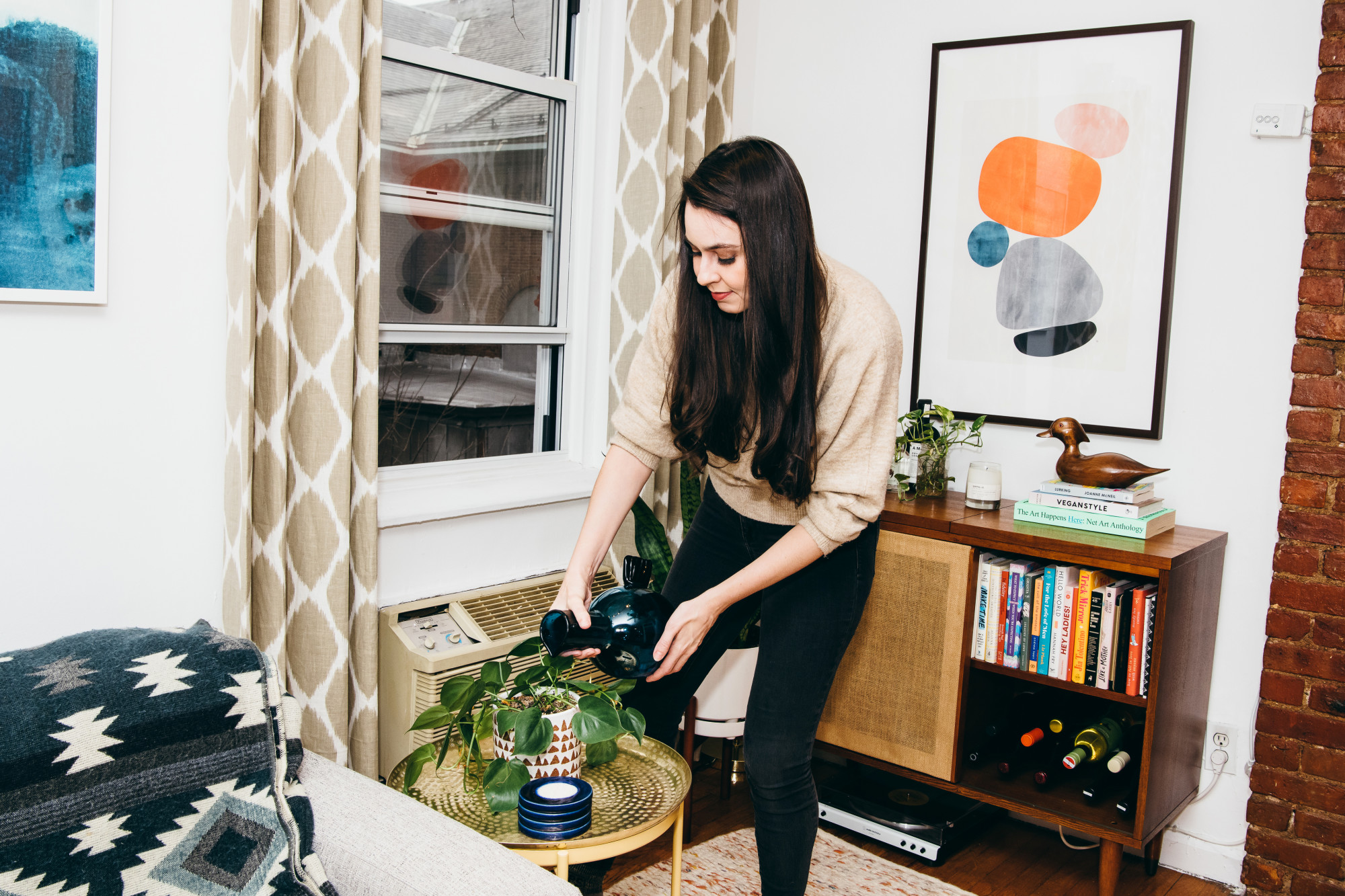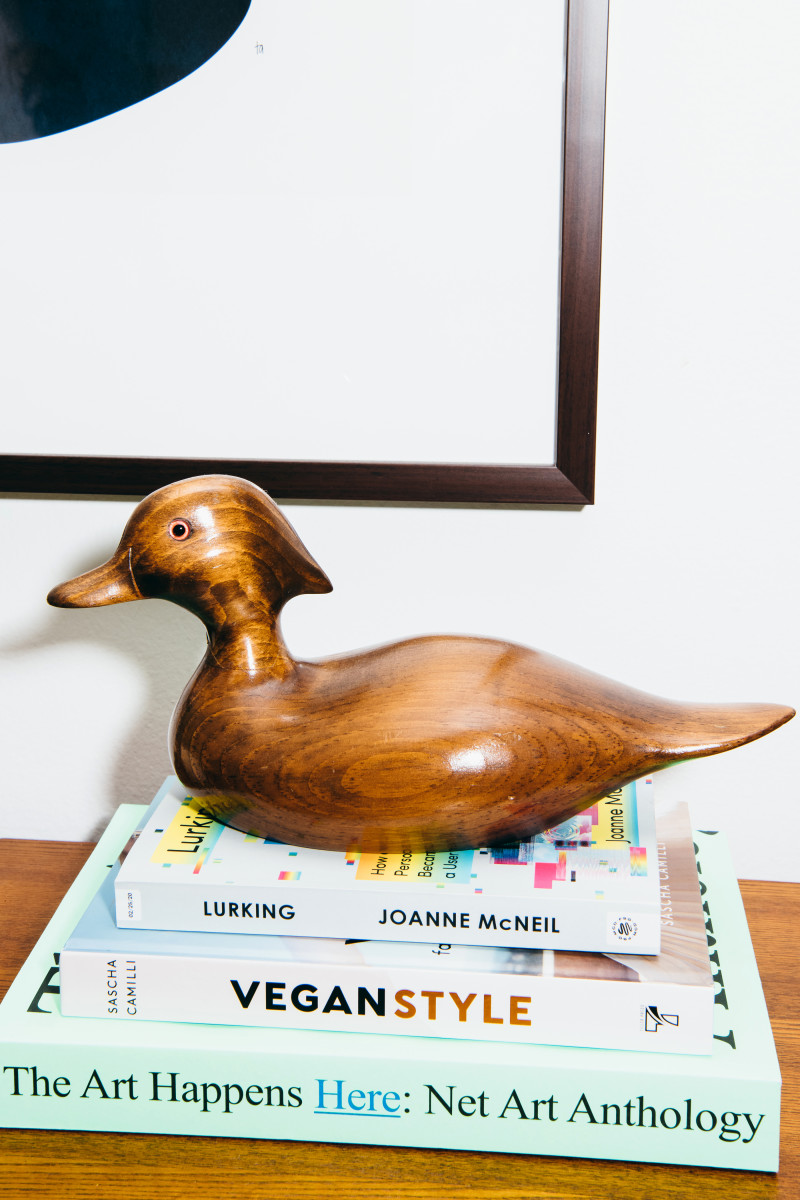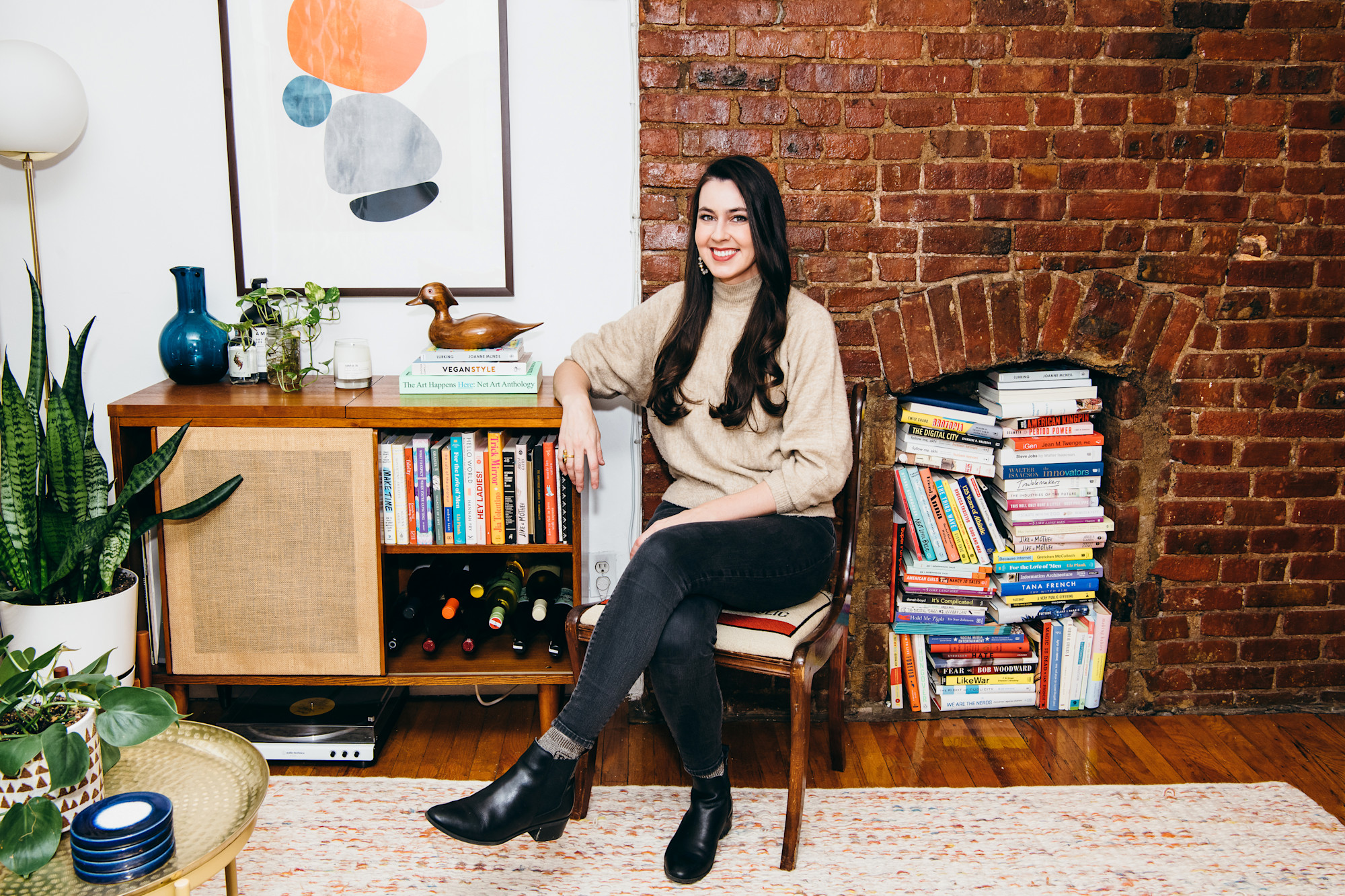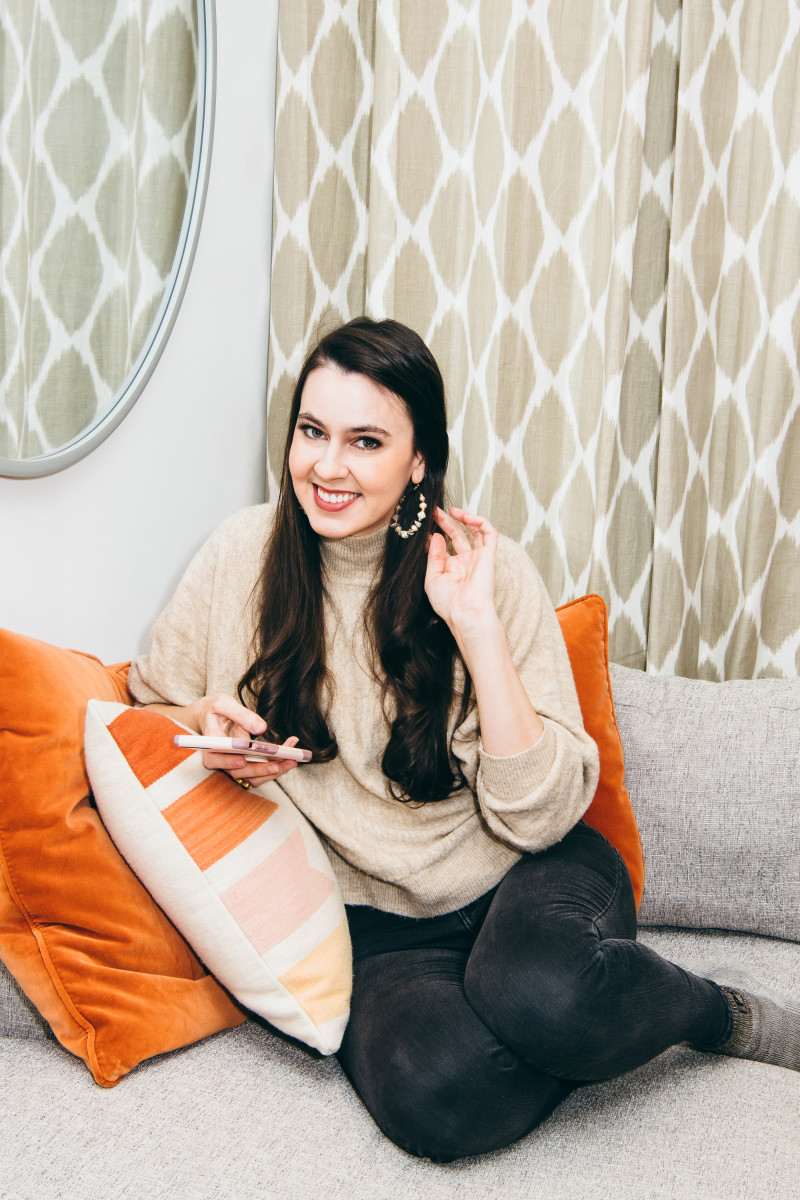Taylor Lorenz reports from the frontlines of internet culture, venturing deep into chat rooms and comments sections to deliver breaking headlines on everything from Facebook’s latest policy on political ads to the emergence of “Ok boomer.” Her byline at The New York Times (and before that, The Atlantic) is required reading for Silicon Valley venture capitalists, marketers and trend-watchers and anyone (i.e. everyone) curious about how the internet is shaping the ways in which humans express themselves and communicate.
Below, Taylor, whose fixation with digital culture began over a decade ago when she discovered Tumblr, discusses her winding career path, her "stupid" optimism and why be being a woman makes her especially good at her job.
Hi Taylor, thanks for taking the time to chat. You’ve been quite prolific recently. We especially liked your article about Michael Bloomberg’s meme marketing campaign. Was that pitched to you?
Oh that absolutely did not get pitched. The opposite. I had heard the Bloomberg campaign was making all of these digital hires and were going to start working with influencers. Then my former colleague Scott Bixby at The Daily Beast scooped me on this ad they had posted to an influencer marketing platform. I was mad because I am so competitive. When other people break news on my beat I get so upset, I take it as like a personal failing. I went back to all my sources and I was like, "You need to tell me now, what is going on!" [laughs] I knew the memers were posting Bloomberg memes, but I didn't want to write a story based off that. I wanted the scoop on things like how the money was being distributed, if they were working directly with the memers, what the org chart looked like, and who was in charge of strategy. Luckily, I was able to file the story right before all the ads started going up.
Yes, it was excellently timed.
I seriously get so competitive. I don't even know the state that I go into. I'm like, “If I'm not the first to write this detail about this meme campaign, I'll die!”
Will we be seeing more influencer marketing tactics from candidates in the 2020 election?
Yes, definitely. A lot of people think influencer marketing is an Instagram model selling FitTea or something. But it’s really just about leveraging people with a wide digital audience to build your own.
You dabbled in politics yourself at The Hill.
Yes I wrote breaking news and I ran a bunch of their social media and video strategy. I covered the 2016 election using things like Snapchat and Facebook Live. After the election in 2017, I started covering a ton of protests and rallies and marches.
You were actually physically assaulted at one.
Yeah, I was clocked to the ground while I was live-streaming in front of 3 million people at Charlottesville in 2017. It's not something I generally talk about.
Wow.
I don't talk about what happened to me much to be honest because it's not important. Having watched someone die in front of me, it just felt gross to talk about some fucking loser who hit me. Even now it feels weird to talk about; I never bring it up online. Afterwards all these trolls accused me of being a deep state actor or something - it was awful.
Did it affect your decision to switch career paths?
Honestly, I think about that moment a lot. I stayed down in Charlottesville and covered Heather Heyer's funeral and the subsequent aftermath of the rally. Then I basically went from that to covering Milo Yiannopoulos's free speech week at Berkeley, which was also insane. Covering all those rallies and protests—I was covering more than one per week for most of 2017—if anything, those experiences made me realize that I was doing pretty intense reporting.
I’d wanted to be a reporter before that but I didn’t think I could make it. I’d come to accept that I was just going to be a social media strategist who wrote on the side. After covering Charlottesville and the whole 2016 election, and all these protests, I realized I was actually very good at reporting. I was like, “You know what? I’m just going to go for it.” I'd tried to get hired before at a million media companies but failed various writing tests and beat memos. But by then my freelance pieces for Mic were getting more attention. I thought, if this doesn't work out in a year, I'll go back to running social for brands. I got an entry-level reporter job at The Daily Beast and took a massive pay cut, I mean it was literally more than half my previous salary. I sold all my belongings and moved into a tiny sublet in Crown Heights. My mom was like, "This is the worst decision ever."
Well clearly, things turned out ok.
Looking back now, it’s crazy how little confidence I had in myself at the start. Especially when you consider how much bad writing exists on the internet anyway! [laughs]





